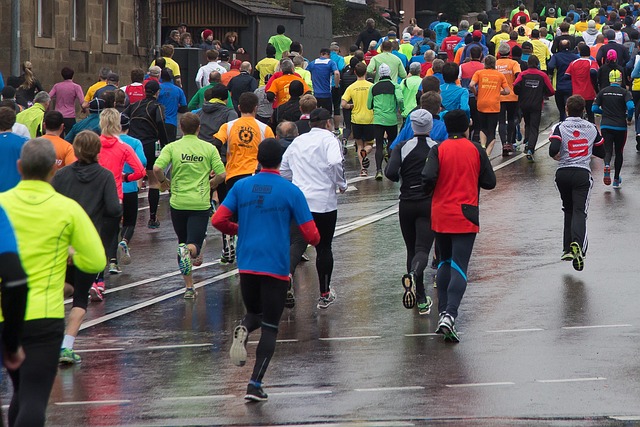
The successful mountain race generates a return of €8.39 for every euro invested, solidifying the Island of La Palma as a premier sports and tourism destination.
The Cabildo of La Palma has revealed the economic impact of the latest edition of Transvulcania, one of the most iconic mountain races in the world, which has made a significant mark on the economy of the Beautiful Island. According to data presented by the island president, Sergio Rodríguez, along with Sodepal’s managing director, Miriam Perestelo; the sports director, Yurguen Hernández; and the director of Corporación 5, José Miguel González, the race has achieved an economic return of €8.39 per euro invested at the production level, and €5.06 in income for every euro allocated to organizing the event.
Sergio Rodríguez emphasized that the primary goal of the current government team—reinstating the event and returning it to the people of La Palma—has been more than met. This objective has not only been achieved but has also been acknowledged by both the local community and the participants, demonstrating that the organizing team is on the right track. Beyond the impressive economic results, the island corporation values Transvulcania’s ability to generate tangible benefits for the island and its residents.
Furthermore, Rodríguez highlighted Transvulcania’s dual role: it is not only a sporting event that places La Palma on the international stage but is also closely tied to tourism. This tourism impact is reflected in the fact that 90% of participants have expressed their intention to return to future editions of the race, while more than 60% have indicated they would come back to La Palma as tourists.
These results, according to Rodríguez, are “very positive and important for everyone,” reinforcing the commitment to events like Transvulcania that help retain tourists and strengthen La Palma’s image as a top-tier destination. In a context of social and economic recovery, such events play a crucial role, and the island council is dedicated to continuing this effort.
The report also revealed a high level of satisfaction among runners, who rated their experience at 8.8 out of 10. This suggests a strong likelihood of participation in future editions, promising to maintain or even increase the economic impact of the race in the years to come.
José Miguel González, director of Corporación 5, provided additional details from the report, noting that 80% of participants in the latest edition were men aged 43, while 73% of their companions were women aged 41, mostly from the Canary Islands. Additionally, participant spending exceeded €4 million, with accommodation and dining being the primary expenditure areas, contributing significantly to the local economy.
In summary, the latest edition of Transvulcania has not only been a sporting success but has also proven to be an economic driver for La Palma, enhancing its status as an attractive destination for both sports enthusiasts and tourists alike.